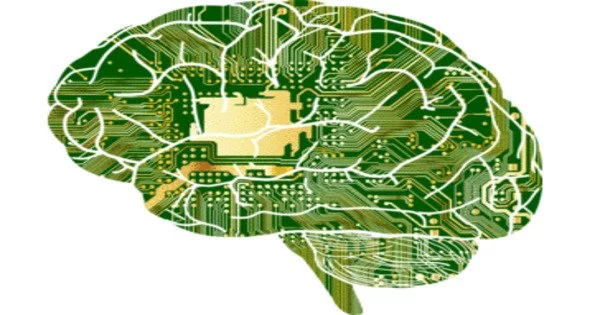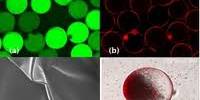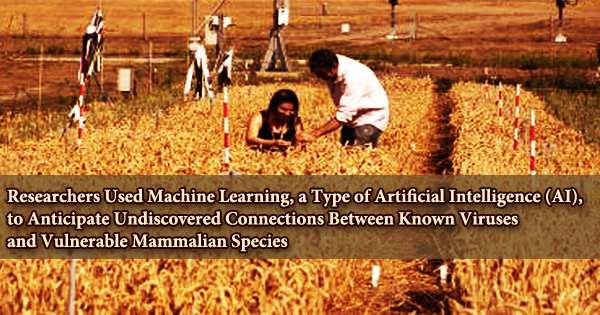Bio-inspired computing refers to the development of computational methods that are inspired by biological systems and processes. This approach aims to apply principles and strategies from biology to design algorithms and systems that can solve complex problems and improve performance in various fields. It also known as biologically inspired computing, is a branch of computer science that seeks to solve computer science problems using biological models. It is concerned with connectionism, social behavior, and emergence.
Bio-inspired computing is related to artificial intelligence and machine learning in computer science. A significant subset of natural computation is bio-inspired computing. The goal of bio-inspired computing is to develop computational algorithms, techniques, and systems that mimic or are inspired by the behavior, structure, and function of biological systems.
Bio-inspired computing draws upon concepts and principles from diverse fields, such as biology, physics, chemistry, mathematics, and engineering, to develop new computational models that can perform tasks in a more efficient, robust, and adaptable manner. Examples of biological systems that have inspired bio-inspired computing include neural networks, genetic algorithms, swarm intelligence, artificial immune systems, and ant colony optimization.
Some common applications of bio-inspired computing include image recognition, data analysis, optimization, decision-making, and robotics. The use of bio-inspired computing has led to the development of new technologies, such as self-driving cars, natural language processing, and machine learning systems.
Some examples of bio-inspired computing include:
- Neural networks: Neural networks are computational models that are inspired by the structure and function of the human brain. These networks can be trained to recognize patterns and make predictions, and are used in applications such as image and speech recognition.
- Evolutionary algorithms: Evolutionary algorithms are optimization methods that are based on the principles of natural selection and genetic inheritance. These algorithms can be used to find solutions to complex problems, such as designing new materials or optimizing supply chain management.
- Swarm intelligence: Swarm intelligence is a field that studies the collective behavior of decentralized, self-organized systems, such as ant colonies or bird flocks. This approach can be used to design optimization algorithms or to improve the coordination of multi-robot systems.
Overall, bio-inspired computing is a promising field that has the potential to revolutionize many areas of science and engineering, and to create new opportunities for innovation and discovery. Bio-inspired computing has the potential to revolutionize the way computers process information and solve problems, and it is expected to play an increasingly important role in many areas of science and engineering in the coming years.
















